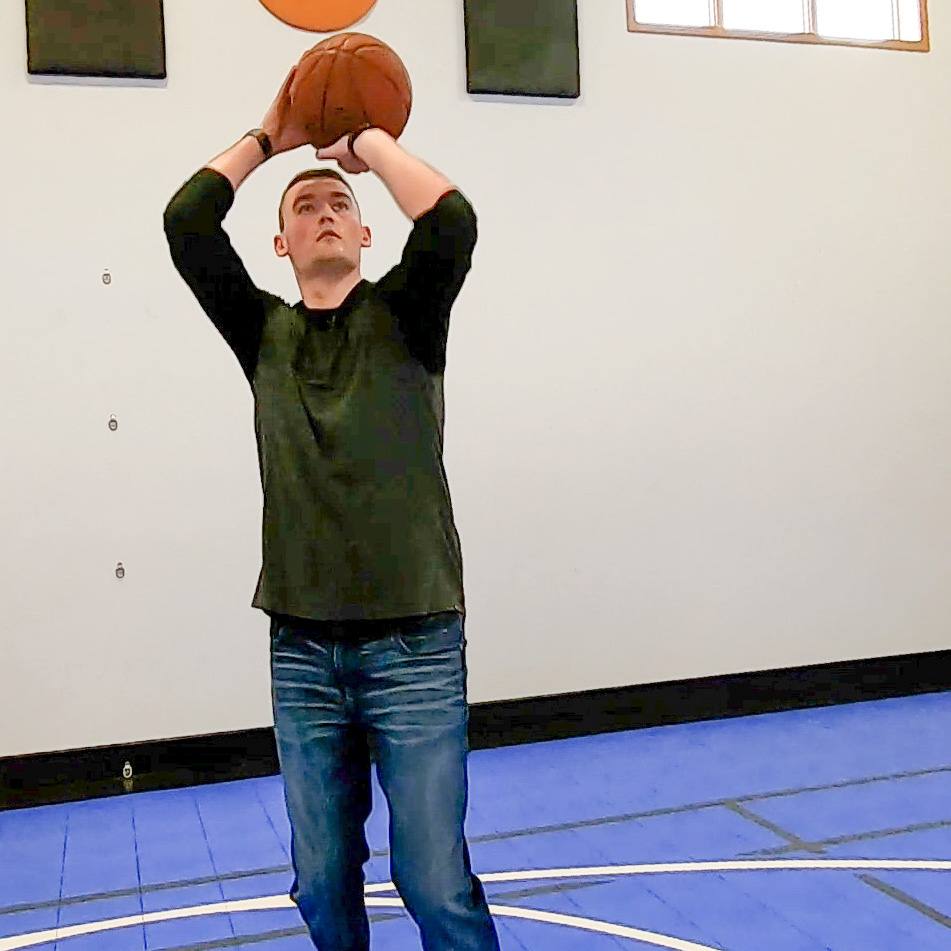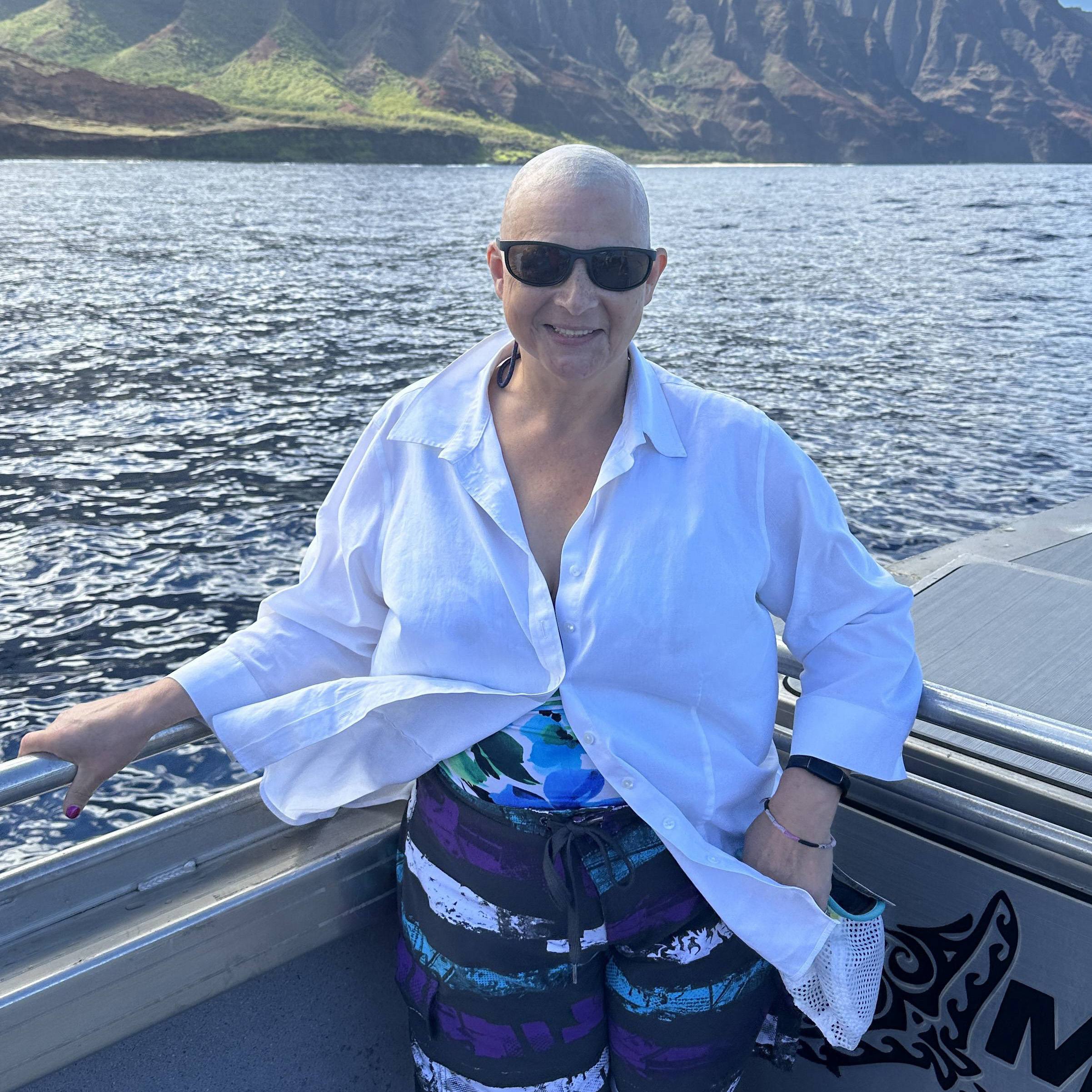
Many people experience a warning prior to a stroke. But often it goes unnoticed, especially when you’re young and otherwise healthy, like Lorena Rivera, 44.
A nurse educator at Mayo Clinic's Florida campus, Rivera was the picture of good health. She didn’t drink or smoke, had good blood pressure, and ate a healthful diet. She was also physically active. So when the mom of three experienced headaches and numbing in one arm, she wasn’t too concerned. However, when she temporarily lost vision while doing errands one day, she became more frightened.
Rivera, it turns out, had been experiencing a TIA – a transient ischemic attack – which produces similar symptoms as a stroke but usually lasts only a few minutes and causes no permanent damage. Often called a mini stroke, a TIA is a warning. About 1 in 3 people who have a transient ischemic attack eventually has a stroke, with about half occurring within a year after the first episode.
Thanks to medication, today, Rivera is in good health. She has become an active stroke advocate, because “it can happen to anyone.” In addition to attending events and engaging in outreach to garner funding for additional research, Rivera was featured in an American Stroke Association public service video for the Together to End Stroke campaign.
“Take time to learn about the symptoms and if something unusual happens, seek medical attention. Time is crucial and there are so many treatments now for patients,” she says.
Rivera also advocates for taking time to learn about the signs and symptoms and ways to reduce your risk.
In the video below, Kevin Barrett, M.D., a vascular neurologist at Mayo Clinic in Florida, talks about the symptoms of transient ischemic attack and how it it treated.
May is Stroke Awareness Month. Stroke affects more than 800,000 people annually. It is the leading cause of disability in America and the fourth leading cause of death. Mayo Clinic in Florida was certified as the state's first Comprehensive Stroke Center by The Joint Commission, which recognizes excellence in diagnosis, prevention, treatment and rehabilitation of stroke patients.
HELPFUL LINKS
- Learn about stroke services at Mayo Clinic.
- Learn more about transient ischemic attacks (TIA).
- See services offered through the Mayo Clinic Cerebrovascular Diseases and Critical Care Group.
- Join the conversation about stroke on Mayo Clinic Connect.
- Learn about appointments at Mayo Clinic.
Related Articles







